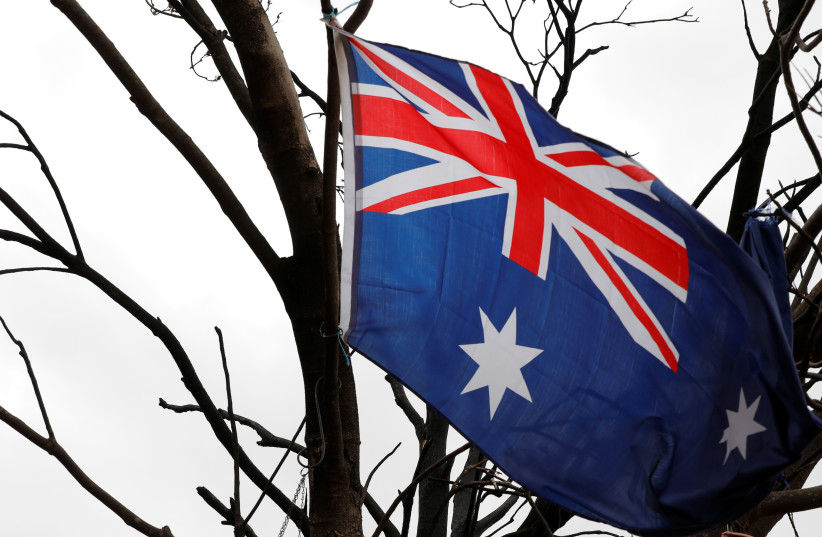I have been a student in Australia for most of my life. And so when I visited last week and spoke to university students about the rise in antisemitic incidents, I was alarmed to say the least. The “no worries” Aussie attitude simply doesn’t apply anymore to the lurking shadows of prejudice.
While I was there, the Zionist Federation of Australia (ZFA) and the Australasian Union of Jewish Students released a survey revealing a disturbing reality faced by Jewish students. Almost two-thirds of Jewish students reported experiencing antisemitism during their university years.
One of the most distressing aspects of this reality is that some students feel that they need to hide their Jewish identity. While education is meant to empower our youth to embrace their heritage and identity, the opposite is happening.
We take pride in our identity as Australians, in our multicultural tapestry that weaves together backgrounds and beliefs. But with pride comes a responsibility. As Australia is on the cusp of a referendum around indigenous Australians, this is another angle of diversity and inclusion being called into question. We must confront the uncomfortable truth that antisemitism has found a foothold, and in doing so, take collective action to eradicate it. This is not a plea solely for our Jewish brothers and sisters, but for every individual who cherishes these values.

Australian students don't feel support of non-Jewish allies
As one student aptly stated, “A person in my class heiled Hitler to me and not a single professor/tutor or student did anything. The uni needs to step up.” Voices like this, along with the survey’s stark revelations, highlight a disconcerting reality that cannot be ignored, including the statistics that:
One in five Jewish students has chosen to stay away from campus to avoid antisemitism; 57% of students have concealed their Jewish identity to evade antisemitism; 84% would gain confidence in making a complaint if their university adopted an antisemitism definition.
These statistics are not just numbers, they represent the experiences of individuals who have felt the sting of prejudice.
Another student shared, “The anti-Israel narrative is so overwhelmingly strong on my university campus that I always hide this part of my Jewish identity… I would be nervous about being present at a Jewish society event if an Israeli flag was displayed.”
There is a lack of security in the knowledge that, without a definition of antisemitism, the local authorities and institutions don’t act or even have the right framework to do so.
Despite the challenges, there is room for optimism and hope. The survey acts as a wake-up call, providing an opportunity for universities to acknowledge the issue and take proactive steps toward creating more welcoming and respectful environments.
The multicultural fabric of Australia is a strength that can be used to combat antisemitism as well. In the face of adversity, the Jewish community and its allies must stand united by utilizing education, open dialogue, and cultural exchange among other powerful tools.
By collectively working towards a brighter future, we not only honor the Australian anthem’s promise of being “one and free,” but also forge a real path towards a society where every individual is valued, respected, and free from discrimination.
The writer is a cofounder of the philanthropic advisory Israel Impact Partners, Keshev mental health center, and an Al-summarizing start-up called Tanna. He is the former CEO of Mosaic United and dean of Moriah College, and teaches globally in person and online at @RabbiBenji. For more information visit rabbibenji.com.
